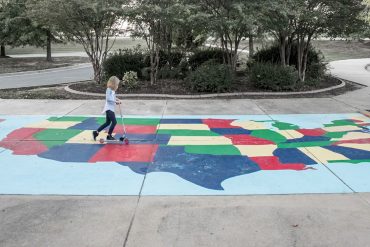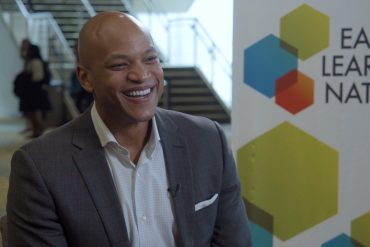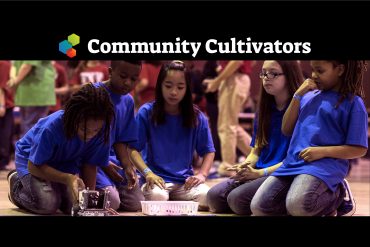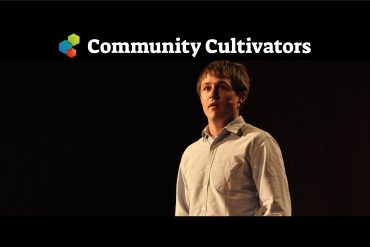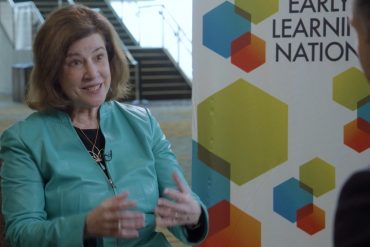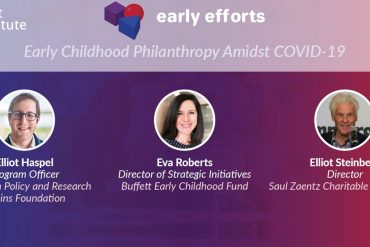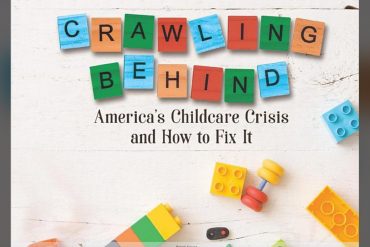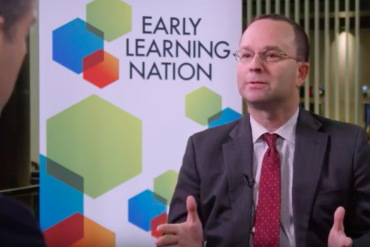Unite/Disrupt/Transform with Child Care Aware of America
Register Today for the May 1-4 Symposium
Child Care Aware of America’s Symposium brings together individuals from across the country to discuss research, policy and practices related...
Register Today for the May 1-4 Symposium
A Q&A with Isabelle Hau about her new book, “Love to Learn: The Transformative Power of Care and Connection in Early Education.”
Over Cocktails, Restaurateurs Hatch a Plan for Literacy
Dean Kamen’s Vision for Building Community
Logan Smalley’s Vision for Building Community
Talking Childcare with Elliot Haspel


